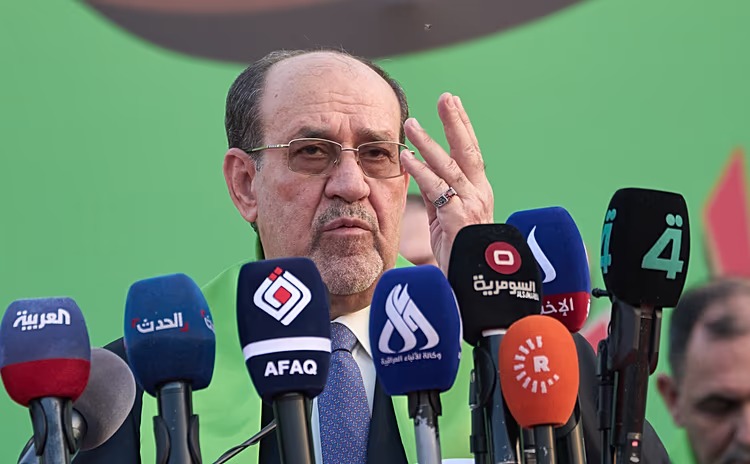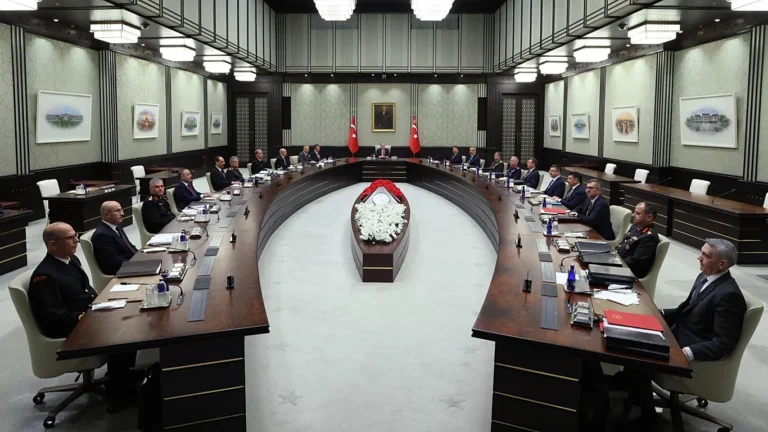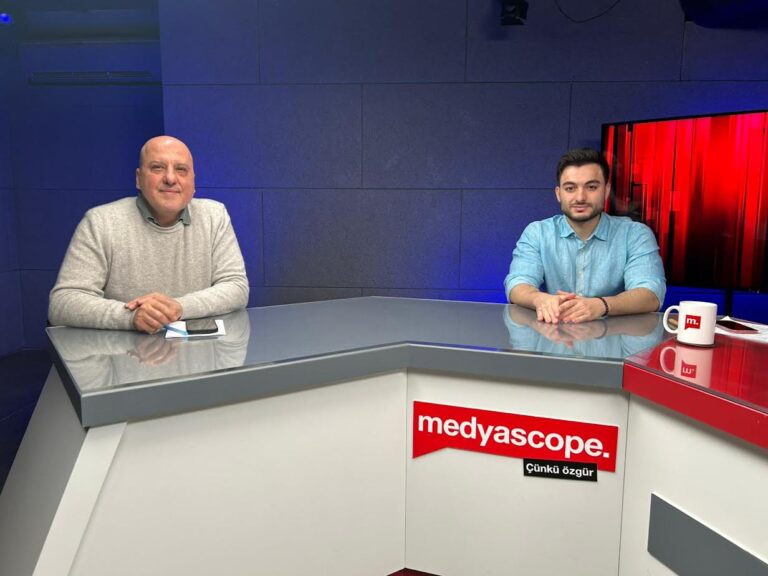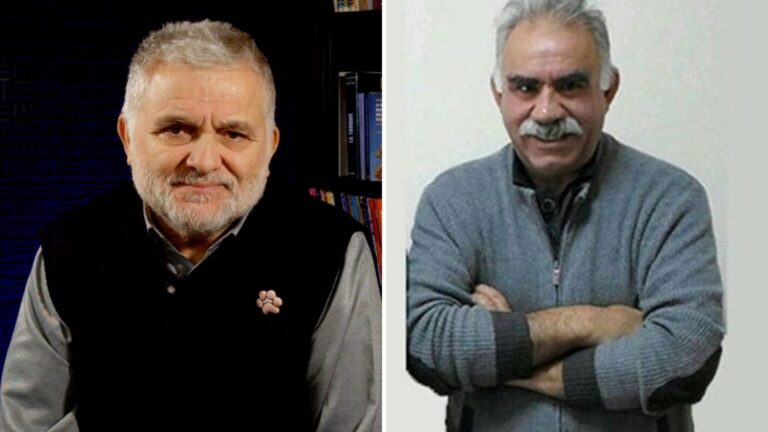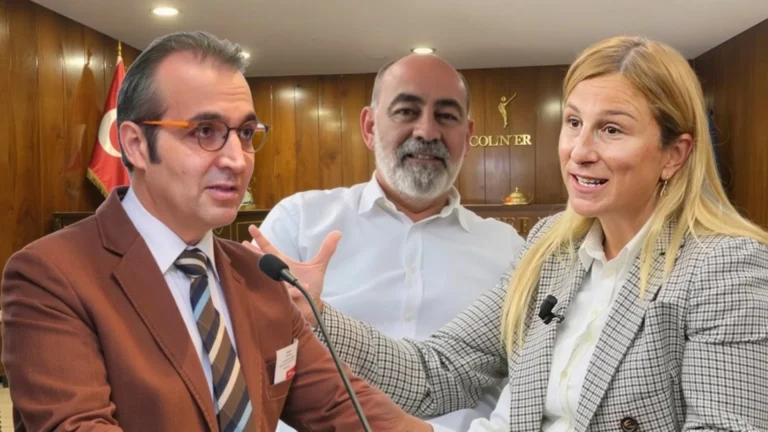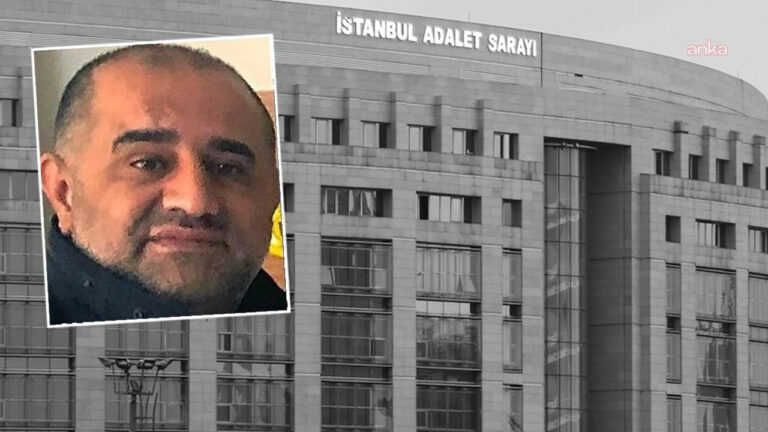In an interview with Halk TV, Republican People’s Party (CHP) chairman Kemal Kılıçdaroğlu announced that the joint presidential candidate from the main opposition electoral alliance known as the Table of Six would be announced on February 13. Kılıçdaroğlu is himself a leading candidate for the role. The CHP is Turkey’s largest opposition party and it is likely that the eventual opposition candidate will themselves come from the party. The chosen candidate will then run against President Recep Tayyip Erdoğan in presidential elections planned for May.
When asked whether he himself would be the CHP candidate, Kılıçdaroğlu responded “It is natural that every party would wish to see their own leader in the role of presidential candidate. CHP members would of course also like to see their chairman fill this role. But what really matters is that the Table of Six members sit down and make a decision…The candidate we choose will need to continue our cooperative joint working style. They must know the government well and the importance of competence and merit.
When asked whether he could win the general election against Erdoğan in the event of his nomination, Kılıçdaroğlu said “Of course. All of the polls show this already. What is important is our decisiveness and conviction with saying ‘We will bring democracy and human rights to this country, and do away with poverty.'”

Reports indicate Kılıçdaroğlu as likely choice
Medyascope reporting from last week indicated that Kılıçdaroğlu’s candidacy was all but certain, according to a high-ranking official in the capital who spoke with Ankara Bureau Chief Hıdır Göktaş. The official said the following about the CHP chairman’s likely nomination:
“There will be no general ‘hands up’ vote for choosing the candidate. We will run a brief consultation [in order to choose the candidate]. No one from outside the Table of Six will be chosen. The chairman of the Table of Six’s largest party [CHP] will be the candidate; he is the one most befitting of the role.”
Kılıçdaroğlu’s potential candidacy has been criticized by many who view him among the weakest candidates in the opposition’s field. İstanbul Mayor Ekrem İmamoğlu and Ankara Mayor Mansur Yavaş, both members of Kılıçdaroğlu’s CHP, fare much better in head-to-head matchups with President Erdoğan according to polls. İmamoğlu, however, is currently embroiled in legal trouble that could result in a ban from politics. Yavaş, meanwhile, has shown no interest in leaving his post in the capital. In addition to Kılıçdaroğlu’s lackluster performance in polls, the Table of Six’s second largest party, the center-right İYİ Party, has reportedly been lukewarm to Kılıçdaroğlu’s selection. A public relations minister from the İYİ Party Cihan Paçacı resigned last week after making public comments against the CHP chairman’s potential selection. Despite reservations within the party, however, most objections have been kept under wraps as the İYİ Party continues to participate in meetings with the Table of Six leading up to the February 13 announcement.
Click here to view a video from Medyascope English explaining Turkey’s opposition leading up to the presidential election.

Additionally, the opposition alliance held a conference where they released a 244 page document dubbed the “Common Policies Memorandum of Understanding” today. The opposition coalition promises that should they emerge victorious in the elections, the memorandum will serve as the backbone of government policy. The memorandum is comprised of 9 sections:
(1) law, justice, judiciary
(2) public administration
(3) anti-corruption, transparency and audit
(4) economy, finance and employment
(5) science, R&D, innovation, entrepreneurship and digital transformation
(6) sectoral policies
(7) education and training
(8) social policies
(9) foreign policy, defense, security and migration
The memorandum drew some criticism however for several points. First being that it makes no mention of Turkey returning to the Istanbul Convention. Istanbul Convention, is a human rights treaty of the Council of Europe against violence against women and domestic violence which was signed by 45 states and the EU in May of 2011. However, President Erdoğan controversially withdrew from the agreement last year, calling the agreement “LGBT propaganda”.
The opposition also seeks to restrict immigration and migration by eliminating the ability to gain Turkish citizenship through property investment. However what raised eyebrows was the opposition’s proposed policy of “Teaching migrants Turkish”. The memorandum maintains the opposition’s previous position of sending refugees and migrants to their country of origin, albeit makes an addition claiming that their returns will be in line with international law. In the proposal however, the opposition also promises to provide resources for existing refugee and migrants to be able to learn the Turkish language.





